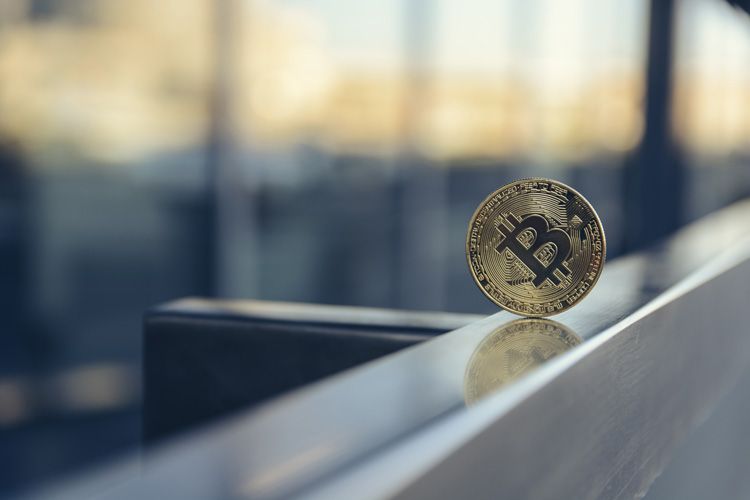
How to Protect Your Cryptocurrency?
Investing in cryptocurrency has become trendy, and some people view it as a new way to make extra money. For others, buying Bitcoin and other digital coins is part of a retirement plan or a way to secure a more comfortable future.
Whatever the amount one might have in their Bitcoin web wallet, it’s imperative to keep it safe and hack-proof. It’s also essential to be vigilant about protecting your cryptocurrency. But for some, it’s not always clear what that entails.
Every crypto trader and investor can take specific steps to minimize the chance of losing their cryptocurrency. Here are a few to consider.
Pick the Right Crypto Exchange Platform
To buy and sell Bitcoin, users must have a registered account on at least one cryptocurrency exchange platform. Inexperienced investors might rush the process and choose a brokerage with the lowest fees or one that doesn’t ask for any identity verification.
That can turn out to be a costly move, as these types of platforms aren’t well-regulated and don’t hire third-party cybersecurity companies to prevent attacks. Paying a little more in fees and sticking to a well-established brokerage is a better choice.
Choose a Safe Crypto Wallet
If you decide not to keep your cryptocurrency in a custodial wallet provided by the exchange, the next best step is to move it to a non-custodial wallet.
The fastest and most straightforward solution is to withdraw your coins to a Bitcoin web wallet. However, you can also choose a desktop or a mobile wallet. All these options are free and only require an internet connection.
But if you want to take an extra step towards safety, hardware wallets are an excellent option. These devices can be pricey, but your digital assets are stored offline and away from any hacking danger, in most cases.
Keep Your Private Key Safe
When it comes to cryptocurrency, your private key is the password that gives you access to your digital assets. For a crypto holder, losing your private key can mean a permanent loss of access to your cryptocurrency.
That’s why it’s crucial to know the importance of keeping the private key safe. Some digital wallets and exchange platforms offer a backup solution if users lose their keys, but that should be the last resort.
Make sure you keep your private key offline – written on a piece of paper and kept somewhere safe, for instance. Keeping the private key in your email inbox, the Notes app on your phone, or somewhere on your computer leaves it vulnerable.
Also, never share the private key with anyone. Even if the person is trustworthy, they may accidentally disclose it to someone else.
Use Secure Internet Connection
It may be convenient to trade cryptocurrency while sitting in a neighbourhood coffee shop, your office, or while attending classes on a college campus, but it’s not advisable. If you must access your cryptocurrency in public, make sure to use your phone’s hot spot to avoid open Wi-Fi networks and minimize the risks.
For those managing their crypto assets mostly from home, it might be a good idea to invest in a high-quality VPN and ensure that the Wi-Fi router is protected.
Update the Antivirus Software Regularly
You shouldn’t be buying, selling, or trading crypto on your computer without solid antivirus software.
If you’re going to use a desktop wallet, scanning a device before installing it is essential. Also, make sure to keep the software up to date to ensure no malware finds its way into your computer.
Avoid Suspicions Links
Many of us have clicked on a link that we shouldn’t have. In a matter of seconds, you realize that you were redirected to a page containing strange content or bizarre ads, or even worse, malware.
Crypto scammers have gotten very savvy when it comes to getting people to click on suspicious links. For example, you might get an email that seems legitimate or appears to come from a trusted friend.
The email might say something about a brand-new investment strategy that will make you a Bitcoin millionaire in no time, and all you need to do is click on a link. There are many versions of these, and they are everywhere online, so keep a close eye on them.
Never Losing Your Cryptocurrency
It doesn’t matter if you have only a few satoshis (the smallest Bitcoin unit) in your digital wallet or you own millions in Bitcoin; it would be disheartening to lose any of it.
While the Bitcoin network is unlikely to suffer a cyber-attack, individual wallets and unreliable crypto exchanges might and sometimes do.
No solution is bullet-proof, but the precautions we’ve discussed can go a long way. Once you start implementing them, they can quickly become second nature and make crypto trading less stressful.

